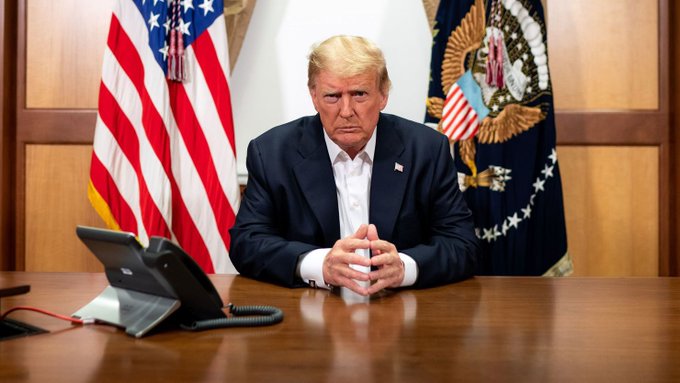
In a forceful reminder that economic leverage remains central to U.S. foreign policy, President Donald Trump today warned of imposing sweeping “secondary tariffs” at a full 100% rate on countries continuing trade with Russia if a Ukraine cease‑fire agreement isn’t secured within 50 days.
The announcement came during an Oval Office meeting with NATO Secretary General Mark Rutte, where Trump made clear that the clock is ticking—and consequences await if diplomacy stalls.
“Based on that, we’re going to be doing secondary tariffs. If we don’t have a deal in 50 days… and they’ll be 100%,” he declared
Trump revealed a coordinated effort with NATO allies to supply Patriot missile systems to Ukraine. The United States will build the equipment, while European nations fund the purchase. Deliveries are expected imminently, with Rutte confirming several member states are prepared to contribute.
Rutte hailed the agreement as “really big,” stating that weaponry transfers will begin “within days,” with Germany, Canada, Denmark, Sweden, Finland and others stepping forward.
Trump’s warning follows a broader congressional push led by Senate Republicans including Lindsey Graham for primary and secondary sanctions on Russia. A bipartisan bill currently in committee seeks to impose tariffs up to 500% on Russian exports and their buyers. Senate Majority Leader John Thune anticipates floor debate before month’s end.
Trump voiced cautious support for the legislative initiative but emphasized his preference for immediate executive action: “I’m not sure we need it… could be very useful,” he remarked.
Trump sharply criticized Russian President Vladimir Putin for broken cease‑fire pledges followed by renewed attacks on Ukrainian cities. “My conversations with him are always very pleasant… Then the missiles go off,” he said, underlining his growing impatience.
International observers noted that direct U.S.–Russian trade currently hovers around just US $3.5 billion down drastically since before the 2022 invasion—making these secondary tariffs a tool to indirectly isolate Moscow via its partners.
Russian officials responded with relative calm. Kremlin spokesman Dmitry Peskov dismissed Trump’s rhetoric as “quite harsh,” but said Moscow remains “pretty calm”. Comments from Russian lawmakers were similarly muted, with some seeing the statement as more political theater than actionable policy .
Back in the U.S., Trump’s threat escalates existing tensions over federal spending. Critics warn that heavy tariffs risk undermining global markets, aiding inflation, and weakening economic ties within NATO. Proponents, however, argue such measures are needed to pressure both Moscow and its trading partners into supporting a lasting settlement in Ukraine.
